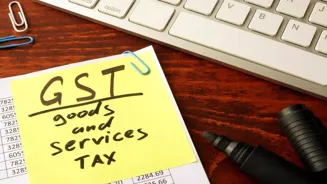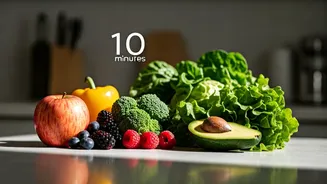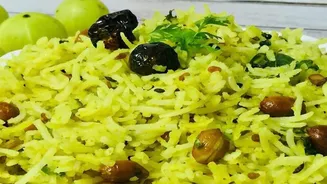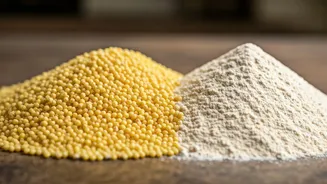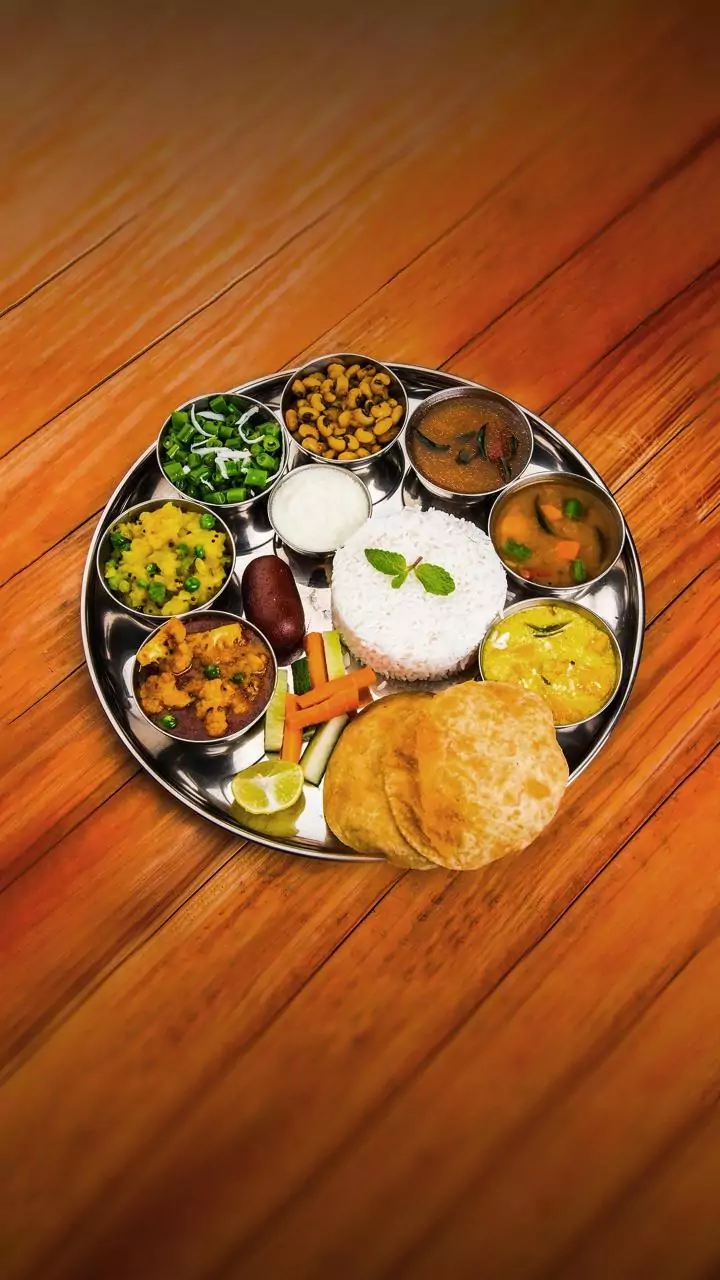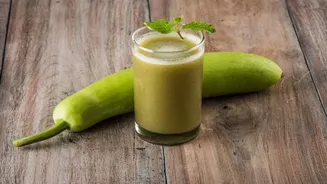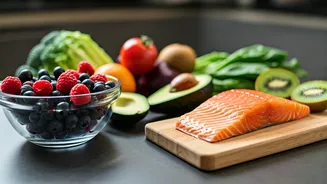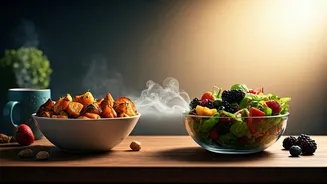What is the story about?
The reduced Goods and Services Tax (GST) rates on about 375 items come into effect from September 22 -- the first day of the Navaratri. From kitchen staples
to electronics, from medicines and equipment to automobiles, goods and services will be cheaper from Monday as the new GST rates kick in. The move is expected to lead to a spike in consumption and a surge in sales during the upcoming festival season, which starts with the Navratra celebrations. PM Modi on Monday said that the ongoing 'GST Savings Festival' aligns with the Swadeshi mantra, describing this Navratri as a “special occasion” to renew the collective resolve for a self-reliant India.
10 Points:
1. The reduced GST rates and a major overhaul of the system were approved on September 4 during a GST Council meeting in the national capital.
2. The tax regime now assumes a two-tier structure, with the majority of goods and services attracting tax of 5 and 18 per cent, and ultra luxury items being levied a 40 per cent tax. Tobacco and related products will continue to be in the 28 per cent plus cess category.
3. Till now, the GST was levied in four slabs of 5, 12, 18 and 28 per cent. Besides, a compensation cess is levied on luxury items and demerit or sin goods.
4. Under the new regime, daily use and mass ranging products like ghee, paneer, butter, 'namkeen', ketchup, jam, dry fruits, coffee and ice creams and aspirational goods like TV, AC and washing machines will become cheaper.
5. Leading FMCG companies have already slashed prices, extending GST cut benefits to consumers. Revised price lists have been issued with new MRPs on a range of products, including soaps, shampoo, baby diapers, toothpaste, razors, and after-shave lotions.
6. Leading FMCG firms such as Dabur, ITC, Procter & Gamble, Emami, Nestle, RCPL, Amul and HUL have come up with new price lists that have been communicated to their respective distributors and consumers through their respective websites or through advertisement in local dailies.
7. Home-grown firm Dabur has reduced the prices of Real Juice (pack of 1 Ltr) from Rs 130 to Rs 122 and Chyawanprakash (900 gm) from Rs 475 to Rs 440. It has also reduced the price of its Dabur Red and Meswak brand toothpastes (200 gm) to Rs 135 from Rs 153. Prices of digestive pills Hajmola (120 tab) have also been slashed to Rs 65 from Rs 70. Nestle India has not only increased prices of its instant noodles Maggi from 500 gm to 600 gm but also reduced the price from Rs 120 to Rs 116. Similarly, it has also extended the price of Nescaffe Classic (45gm) to Rs 235, slashing price of Rs 30 and Rs 95 on Nescafe Gold to Rs 755. ITC has slashed the price of Savlon (100 ml) to Rs 374 from Rs 400. It has reduced prices of cow ghee (1 litre) to Rs 1,010 from Rs 1,080 and Sunfeast Marie Light (956 gm pack) to Rs 150 from Rs 170.
8. The move is expected to lead to a spike in consumption and a surge in sales during the upcoming festival season, which starts with the Navratra celebrations.
9. Prime Minister Narendra Modi on Monday marked the start of Navratri with a call to embrace the spirit of self-reliance, urging citizens to blend festive celebrations with economic nationalism. In a post on X, the Prime Minister said that the ongoing GST Savings Festival aligns with the Swadeshi mantra, describing this Navratri as a “special occasion” to renew the collective resolve for a self-reliant India.
10. A day before reduced GST rates come into effect, PM Modi had made a strong pitch for promoting 'swadeshi' goods and asserted that the next generation GST reforms would accelerate India's growth story, increase ease of doing business, and attract more investors.
(With PTI Inputs)
